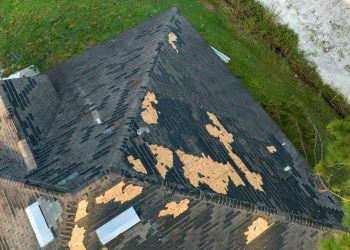An adjustable-rate mortgage (ARM) is a type of home loan with a variable interest rate. There are several types of ARMs available. One is a hybrid adjustable-rate mortgage.
How a Hybrid ARM Works
For an initial period, the mortgage has a fixed interest rate. The rate may stay the same for a period of three, five, seven or 10 years. After that, the rate resets. The new interest rate is calculated by adding a fixed marginal rate to an index. A hybrid ARM usually has an interest rate cap to protect borrowers from skyrocketing payments.
The interest rate continues to reset at regular intervals until the end of the life of the loan, or until the homeowner sells the house or refinances the mortgage. Hybrid ARMs typically have interest rates that adjust every year or every six months after the fixed-rate period ends, but some adjust at different intervals.
Benefits of a Hybrid ARM
If you’re buying a house where you only plan to live for a short amount of time, a hybrid ARM may be a better option for you than a fixed-rate mortgage. Since a hybrid ARM has a low introductory rate, you can pay less than you would with a fixed-rate loan. As long as you sell the house before the interest rate resets, you won’t have to worry about rising payments.
If you take out a hybrid ARM and you stay in the house after the interest rate resets, your payments may go up or down. If your interest rate goes down or doesn’t rise much, you may save money compared to the amount you would pay with a fixed-rate mortgage.
Risks Associated With a Hybrid ARM
When the interest rate resets, your monthly payments may rise significantly. If you’re planning to stay in your house for longer than the initial fixed-rate period, you will have to be prepared for that possibility.
If your payments jump, you may be able to refinance and switch to a mortgage with a lower fixed rate, but there is no guarantee that that will be possible. Your financial situation at the time, your home’s value and other factors will determine whether or not you will qualify for a refinance. If you can’t refinance your mortgage and you’re stuck with high monthly payments that you can’t afford, you may fall behind and end up in foreclosure.
If you think you’ve found your forever home, a fixed-rate mortgage may be a better choice for you. With that type of loan, you will have predictable payments and won’t have to worry about the possibility that your monthly housing costs might jump in the future.
Choose the Right Mortgage for You
Many types of home loans are available to suit the varying needs of buyers. Think about how long you intend to stay in your new house, whether you’re comfortable with the risk of rising payments, or whether you’d prefer to play it safe and get a fixed-rate mortgage.











